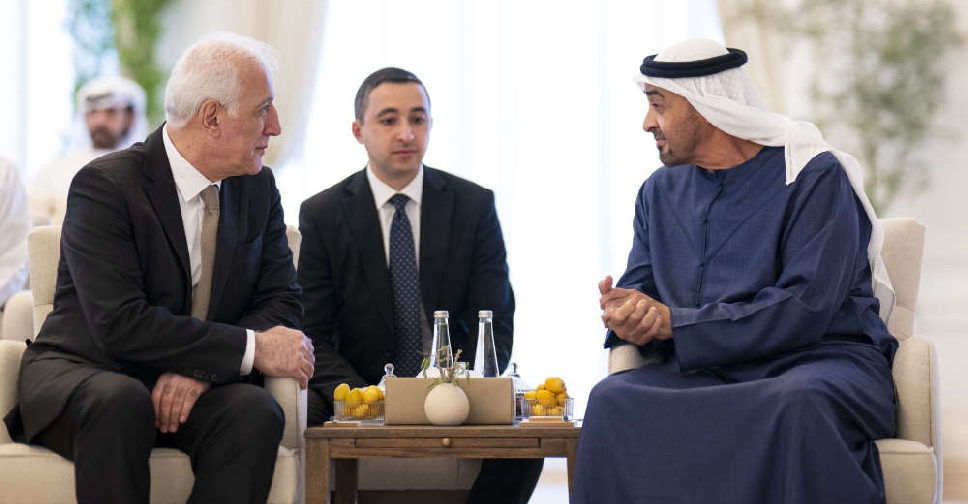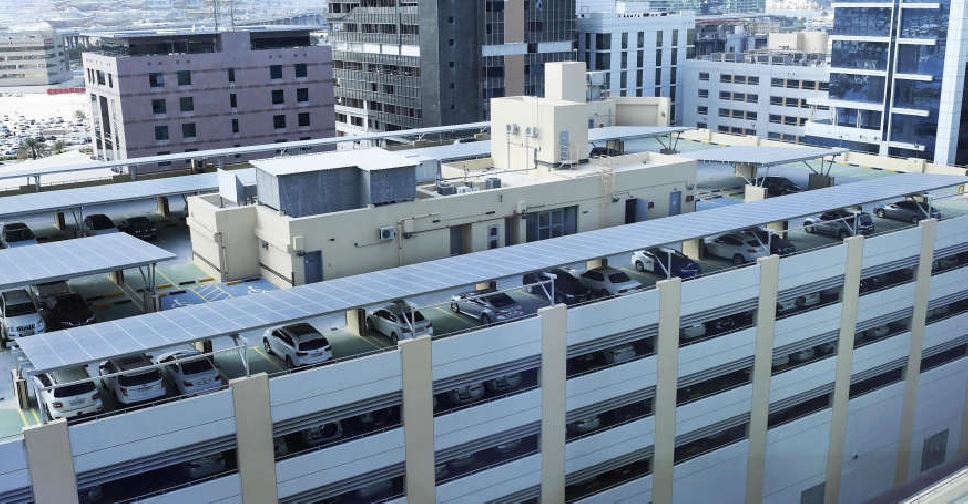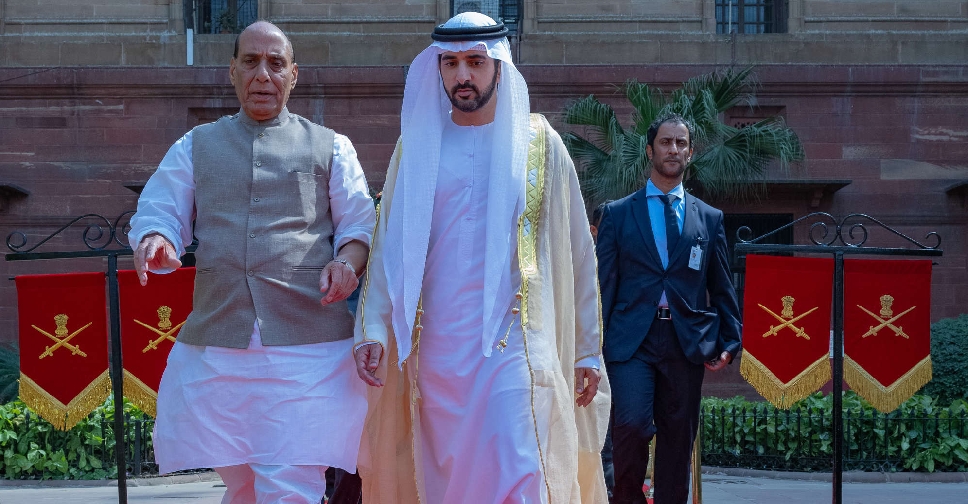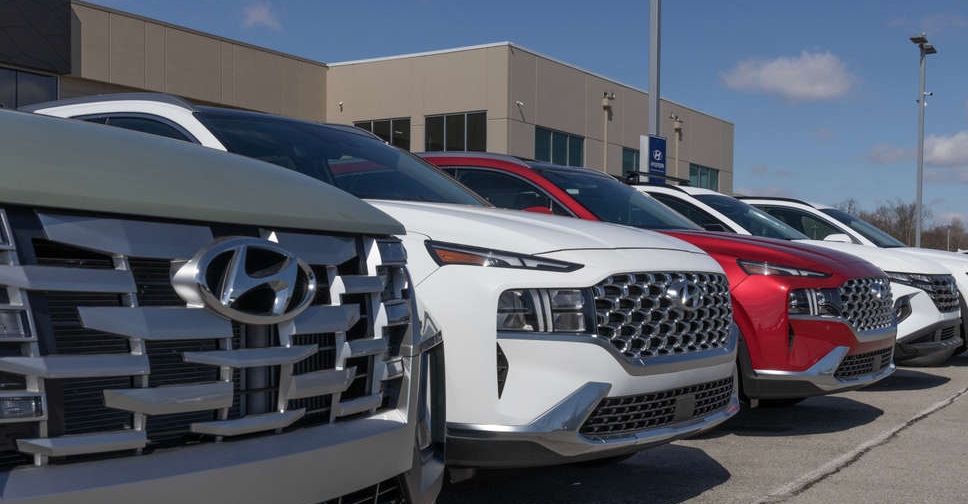
The city of St. Louis, Missouri, said it was joining a number of major US cities that are suing Korean automakers Hyundai and Kia for failing to install anti-theft technology in millions of their vehicles.
The lawsuit filed in US District Court in Missouri follows similar actions taken by several US cities to address increasing thefts that use a method popularized on TikTok and other social media channels.
Other cities suing Kia and Hyundai include Cleveland, Ohio; San Diego, California; Milwaukee, Wisconsin; Columbus, Ohio; and Seattle.
Immobilizers were standard on 96 per cent of US vehicles by 2015 but were standard on only 26 per cent of 2015 model year Hyundai and Kia vehicles, according to the Insurance Institute for Highway Safety’s (IIHS) Highway Loss Data Institute.
"Big corporations like Kia and Hyundai must be held accountable for endangering our residents and putting profit over people,” said St. Louis Mayor Tishaura Jones.
Kia and Hyundai vehicles represent a large share of stolen cars in multiple US cities, according to data from police and state officials.
Many have no electronic immobilizers, which prevent break-ins and bypassing the ignition.
Last month, the Korean automakers controlled by the same conglomerate said they would offer software upgrades to 8.3 million US vehicles to help curb thefts.
TikTok videos that show how to steal Kia and Hyundai cars without push-button ignitions and immobilizing anti-theft devices have spread nationwide.
This had led to car thefts that resulted in at least 14 reported crashes and eight fatalities in the Korean automakers' vehicles, the National Highway Traffic Safety Administration (NHTSA) said in February.
Last week, a group of 22 US state attorneys general criticized the automakers, saying they need do more to address problems with millions of US vehicles that are prone to theft.
Kia said on Monday that lawsuits by US cities over the thefts "are without merit".
It said it was "willing to work cooperatively with law enforcement agencies in St. Louis to combat car theft and the role social media has played in encouraging it." Its vehicles comply with US theft protection regulations, it said.
Hyundai said it has taken a number of actions "in response to increasing and persistent thefts targeting our vehicles without push-button ignitions and immobilizing anti-theft devices in the United States".
The attorneys general urged the automakers to accelerate software upgrades and provide free alternative protective measures for owners whose cars cannot support the software upgrade.


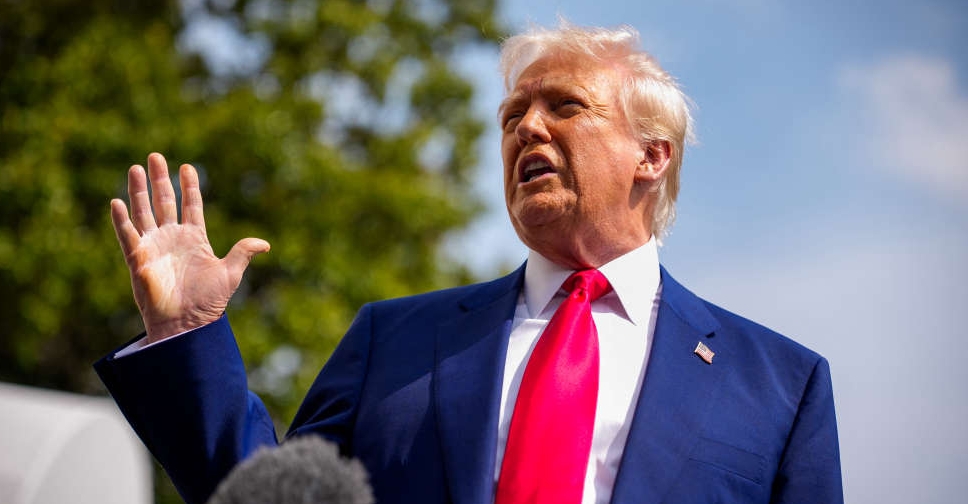 Trump threatens to hike China tariffs further as market plunge continues
Trump threatens to hike China tariffs further as market plunge continues
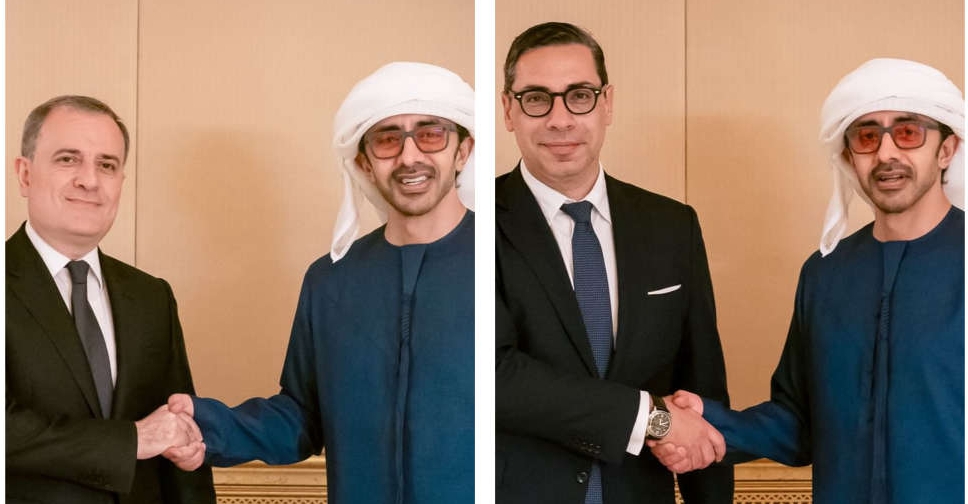 Sheikh Abdullah meets foreign ministers of Azerbaijan and Cyprus
Sheikh Abdullah meets foreign ministers of Azerbaijan and Cyprus
 Innovation, sustainability take centre stage at Middle East Energy
Innovation, sustainability take centre stage at Middle East Energy
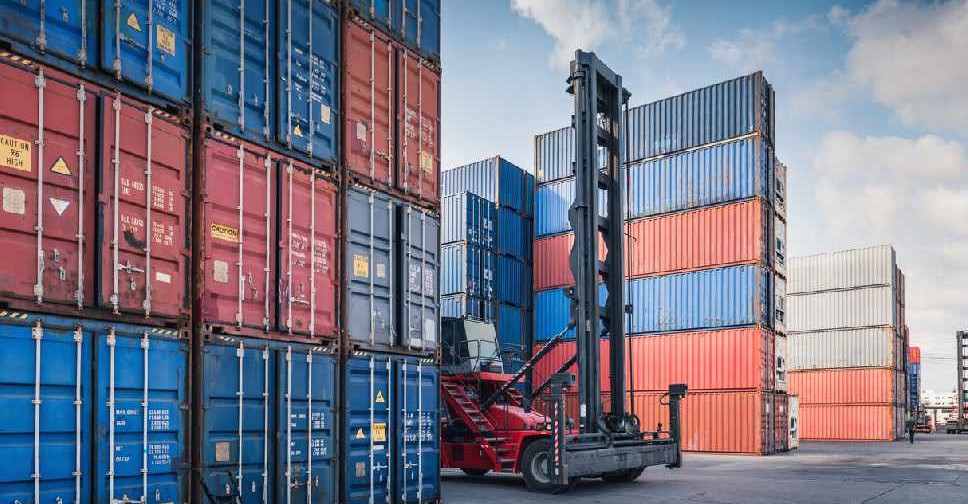 Abu Dhabi records 9% growth in non-oil foreign trade
Abu Dhabi records 9% growth in non-oil foreign trade
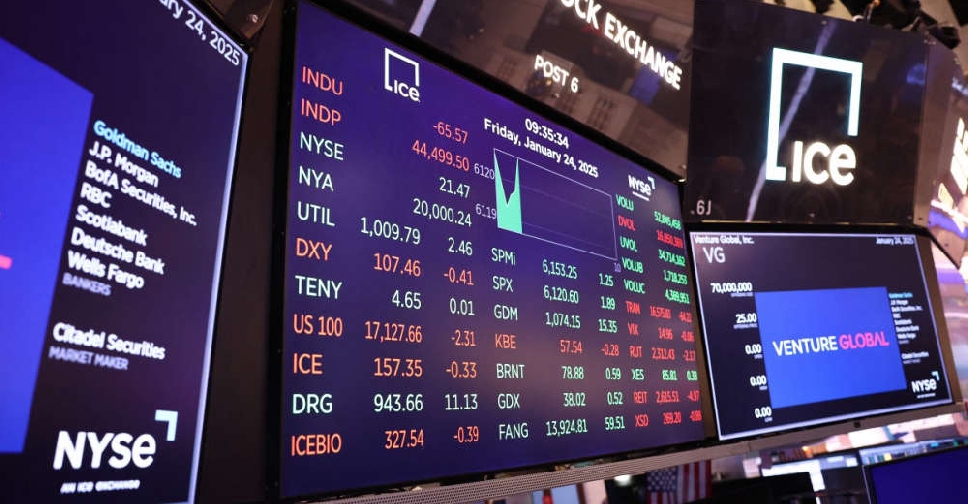 S&P 500 nears bear market as Trump's tariffs hammer stocks
S&P 500 nears bear market as Trump's tariffs hammer stocks
